A lawyer's brief will be brief, before a freethinker thinks freely
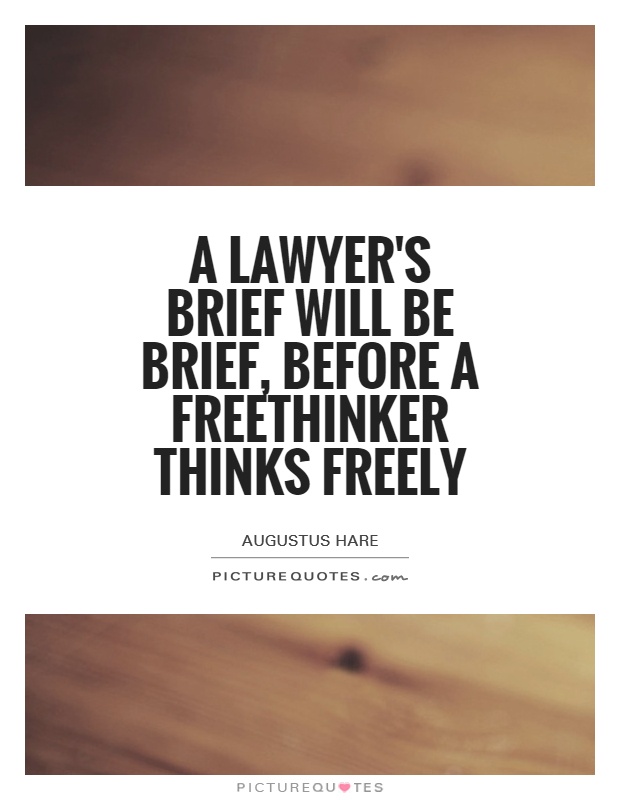
A lawyer's brief will be brief, before a freethinker thinks freely
Augustus Hare, a renowned English writer and raconteur, once famously said, "A lawyer's brief will be brief, before a freethinker thinks freely." This quote encapsulates the essence of critical thinking and the importance of questioning established norms and beliefs. In the context of Augustus Hare's life and work, this quote can be interpreted as a call to challenge conventional wisdom and to approach issues with an open mind.Augustus Hare was known for his wit, humor, and keen observation of human nature. He traveled extensively throughout Europe and wrote several travel books that captured the essence of the places he visited. Hare was also a prolific writer of biographies and memoirs, delving into the lives of historical figures and shedding light on their personalities and motivations.
In the context of legal proceedings, a lawyer's brief is a concise summary of the arguments and evidence presented in a case. It is meant to persuade the judge or jury of the merits of the lawyer's position and to guide them towards a favorable decision. However, Hare's quote suggests that the brevity of a lawyer's brief pales in comparison to the depth of thought and analysis that a freethinker engages in when considering a complex issue.
A freethinker is someone who questions authority, challenges established beliefs, and seeks to understand the world through independent inquiry. Freethinkers are not bound by tradition or dogma, but instead rely on reason, evidence, and critical thinking to form their own opinions. In contrast to a lawyer's brief, which is constrained by legal constraints and the need to advocate for a specific position, a freethinker is free to explore all sides of an issue and to arrive at their own conclusions.

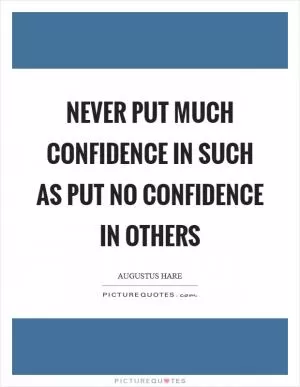
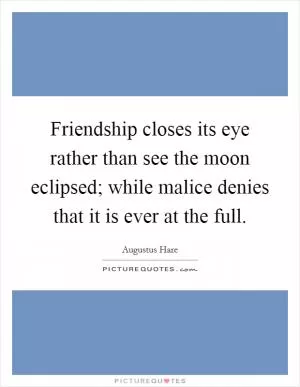
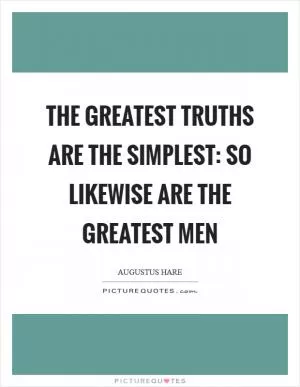
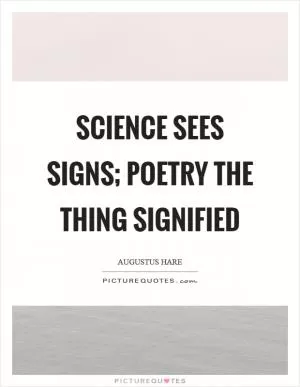
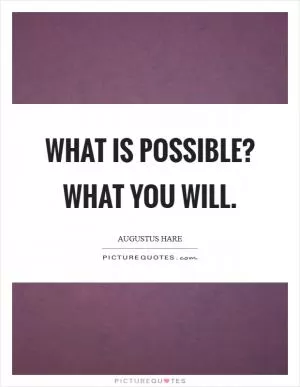

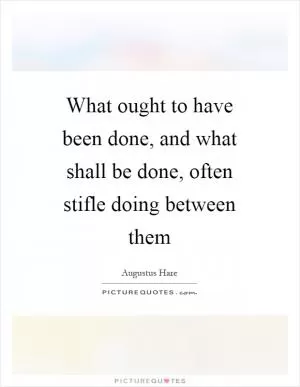
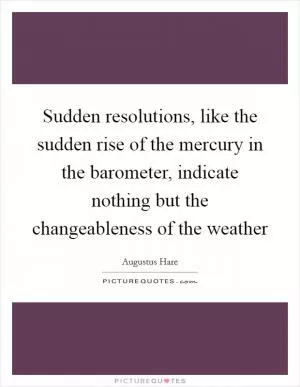

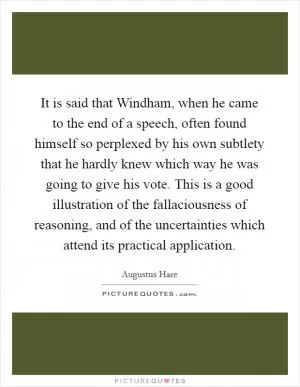
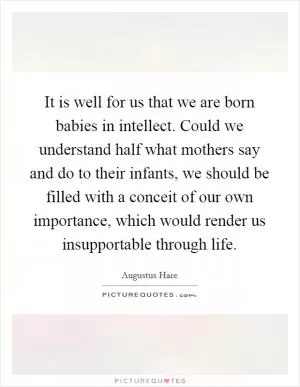
 Friendship Quotes
Friendship Quotes Love Quotes
Love Quotes Life Quotes
Life Quotes Funny Quotes
Funny Quotes Motivational Quotes
Motivational Quotes Inspirational Quotes
Inspirational Quotes